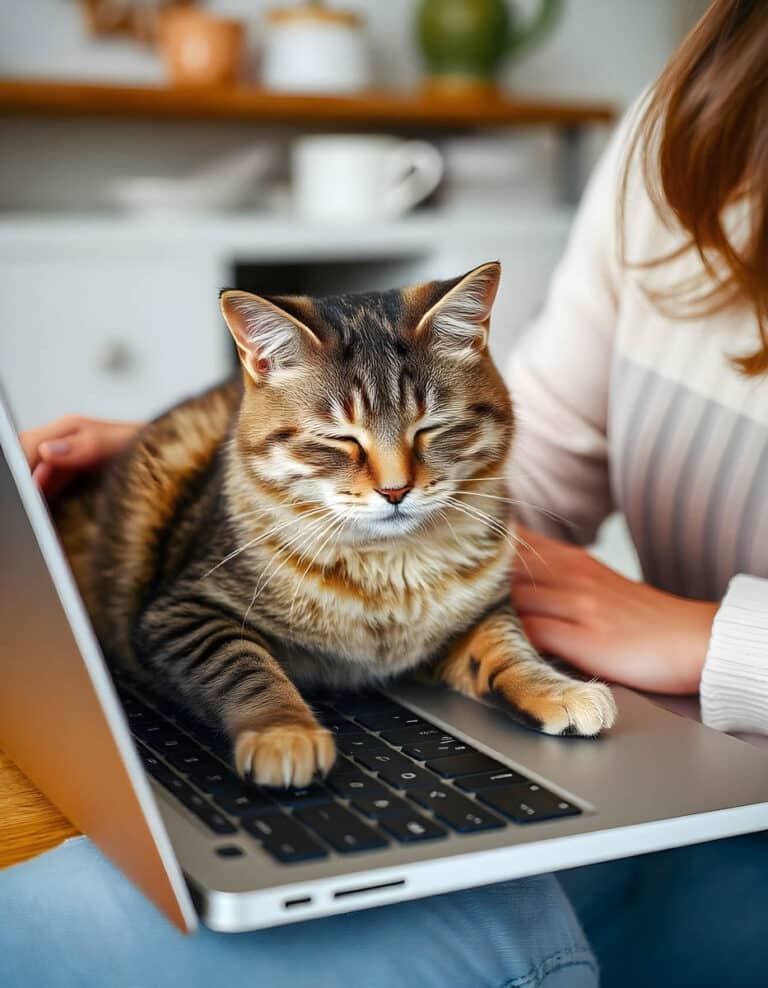Losing a beloved pet is one of the most profound emotional experiences a person can face. As a licensed mental health counselor, I understand the complex and painful journey of grieving their furry companions. Pets are not just animals that share our homes; they become family, sources of unconditional love, and cherished companions. The grief that comes with their loss can feel overwhelming, and it’s important to honor this process fully. I decided to write this blog after one of my pets became ill, and I had a profound realization of the impact losing my pet would have on me. In this blog, I will walk you through healthy ways to cope with the loss of a pet, offering insights on giving yourself the space and time to heal.
Acknowledge the Depth of Your Grief
Many people underestimate the emotional bond they have with their pets until that bond is broken. You may find yourself feeling as devastated as you would from losing a human loved one. This is not only normal but valid. Grief is not measured by the species or role the lost companion had, but by the relationship and emotional connection you shared.
Allow yourself to fully experience your emotions—sadness, anger, guilt, or even relief. These feelings may come in waves or feel constant at first. The important thing is to give yourself permission to feel them, without judgment.

Create a Ritual or Memorial
Honoring your pet’s life through a ritual can provide closure and a way to celebrate the joy they brought into your life. These acts can help externalize your grief, making it feel more tangible and giving you a way to say goodbye. The process can also be comforting, knowing that your pet’s memory will live on in a special way. You might consider:
- Holding a small ceremony or memorial service.
- Planting a tree or flowers in their memory.
- Creating a photo album or a memory box with their toys, leash, or collar.
- Write a letter to your pet, expressing your gratitude and love.

Understand that Everyone Grieves Differently
Grief is a unique and personal experience. While some may seek solace in sharing stories about their pets or seeking the comfort of others, others may prefer solitude or quiet reflection. There is no right or wrong way to grieve.
It’s also important to remember that grieving is not linear. You might feel okay one day, only to be overwhelmed by sadness the next. Some days you might feel anger, confusion, or even regret. Be kind to yourself through this rollercoaster of emotions.
Talk About It
Sharing your feelings with others who understand can be incredibly healing. Whether it’s with close friends, family, or a support group, opening up about your loss allows you to process your grief in a healthy way. Many local communities and online platforms offer pet loss support groups where you can connect with others who have been through similar experiences.
If you find it hard to talk about your loss, consider writing in a journal. Putting your feelings into words, whether spoken or written, can help you process your emotions and make sense of your grief.
Allow Yourself to Move Forward, Not On
The term “moving on” often suggests that we must leave something behind, but in grief, this isn’t quite accurate. You don’t have to forget your pet to heal. Moving forward means finding a way to carry their memory with you while continuing your life in their absence. Your relationship with your pet doesn’t end with their passing; it simply transforms.
In time, you may even find joy in reminiscing about your pet, remembering the happy moments you shared. You may choose to open your heart to another animal when you feel ready, which doesn’t diminish your precious pet’s place in your life but can be a way to honor the love they brought.

Talk About It
If your grief feels too overwhelming or persists for an extended period of time, it may be helpful to seek counseling. Pet loss can trigger deep emotional pain, especially if it coincides with other significant losses or life changes. A licensed therapist can offer a safe space to explore your feelings and help you find ways to cope.
Pet grief is real grief, and seeking professional support doesn’t make your loss less legitimate—it acknowledges the importance of your pet in your life and the profound impact of their absence.
Final Thoughts
Grieving the loss of a pet is a deeply personal and often painful journey. There is no quick fix or set timeline for recovery. Be gentle with yourself and honor your grief as you would for any loved one. Surround yourself with supportive people, give yourself time, and remember that healing doesn’t mean forgetting—it means finding peace in the love you shared with your pet.
If you’re struggling with pet loss, know that you don’t have to go through it alone. As a counselor, I encourage you to reach out for help if you need it. Grief is a shared human experience, and there is strength in allowing yourself to grieve. By giving yourself compassion and permission to mourn, you are already taking the first steps toward healing. Let the memory of your pet live on in the joy, love, and connection you felt together.

Dr. Yaro Garcia
Hello, I am Dr. Garcia, please call me Yaro. My degrees are in clinical psychology and I am a licensed mental health counselor. My approach is caring, warm, safe, non-judgmental, and straight forward. It is a difficult decision to seek therapy, I take time to build a trusting therapeutic relationship with you…
















